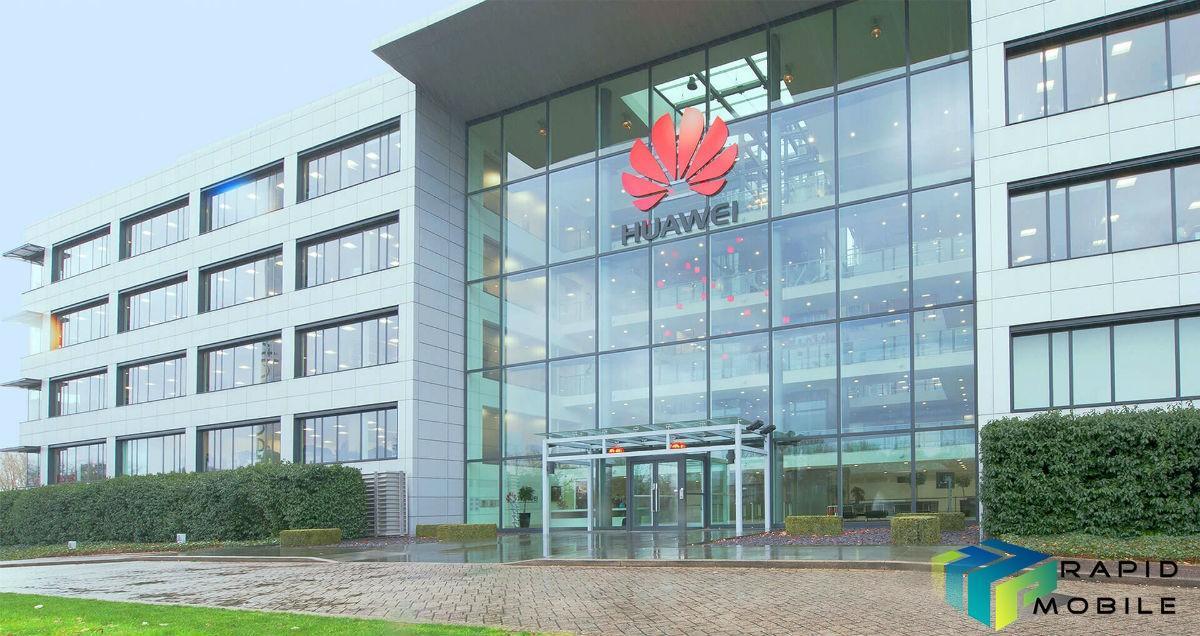The consumer watchdog in Singapore has contacted the Competition and Consumer Commission of Singapore (CCCS) to discuss possible actions that could be taken against Huawei for a controversial smartphone promotion that led to angry scenes at its stores across Singapore.
Consumers Association of Singapore (Case) president Lim Biow Chuan said that he believes the advertisement to be misleading, and a breach of consumer protection laws.
“Like many other consumers, I received the advertisement inviting me to buy the Huawei Y6 Pro for just $54,”
“I thought it was a good deal until I read about the unhappiness caused.”
The promotion, which slashed the price of the Huawei Y6 Pro 2019 from $198 to $54 for Singaporeans and permanent residents above the age of 50, began last Friday and was supposed to run until Sunday.
But it was cut short when the 27 stores selling the phone sold out within hours, in some cases before stores had even opened. Angry crowds led to the police being called in at several outlets.
“To me, the Huawei advertisement is a breach of the Consumer Protection Fair Trading Act (CPFTA),” said Lim. Lim says that the issue lies with the fact that the Huawei advertisements did not specify that stocks were limited.
“Under the CPFTA, there’s a rule against advertising certain products when you do not reasonably believe that you have enough,”
“You cannot in good conscience run an ad with such limited stock that it’s sold out even before your shop opens. It’s either poorly planned or a misrepresentation of what you’re trying to do.”
Huawei did not say how many phones were made available for the promotion, though some customers said they were told by staff that there were fewer than 40 phones allotted per store.
Lim said that he has asked his staff at Case to consult the CCCS on whether there has been a breach of the rules, and if so, what action should be taken.
Huawei apologised on Friday for the insufficient supply and said it had recorded an “unprecedented surge of demand”.



